Machine Learning for Controlling Brain-Computer Interfaces
Stream 2
This project aims to develop a control system that is computationally efficient (i.e., fast response time) and achieves high task-specific performance for a brain-computer interface (BCI). The project also aims to develop a neural network-based BCI that can be used to control commercially available augmentative devices for individuals with speech, vision, or motor disorders (to interact in AR/VR environments using only their brain activity). In this context, non-EEG data sources, such as speech recognition and gaze tracking will be investigated and incorporated where possible to develop training systems for both the brain-computer interfaces system and the user.
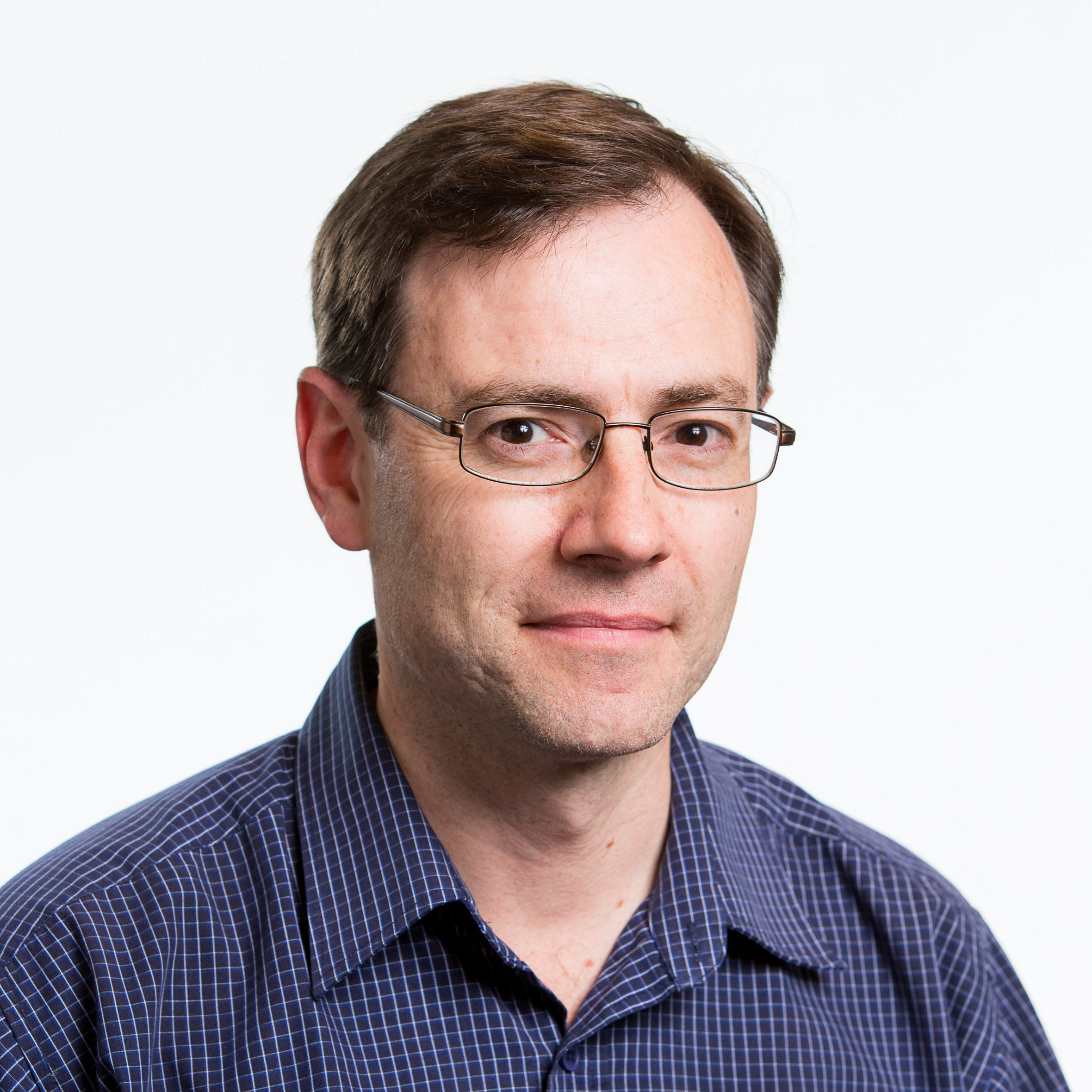
Professor David Grayden
Clifford Chair of Neural Engineering, Department of Biomedical Engineering,Melbourne School of Engineering, The University of Melbourne
Professor David Grayden is the Clifford Chair of Neural Engineering in the Department of Biomedical Engineering, and Leader of the Bionics Laboratory in the Centre for Neural Engineering, Melbourne School of Engineering, The University of Melbourne.
Prof Grayden's main research interests are in understanding how the brain processes information, how best to present information to the brain using medical bionics, such as the bionic ear and bionic eye, and how to record information from the brain, such as for brain-machine interfaces. He is also conducting research in epileptic seizure prediction and electrical stimulation to prevent or stop epileptic seizures, and in electrical stimulation of the vagus nerve to control inflammatory bowel disease. He has research linkages with the Bionics Institute, St Vincent's Hospital Melbourne, Royal Melbourne Hospital, University of South Australia, Florey Institute for Neuroscience and Mental Health, and University of Maryland, USA.
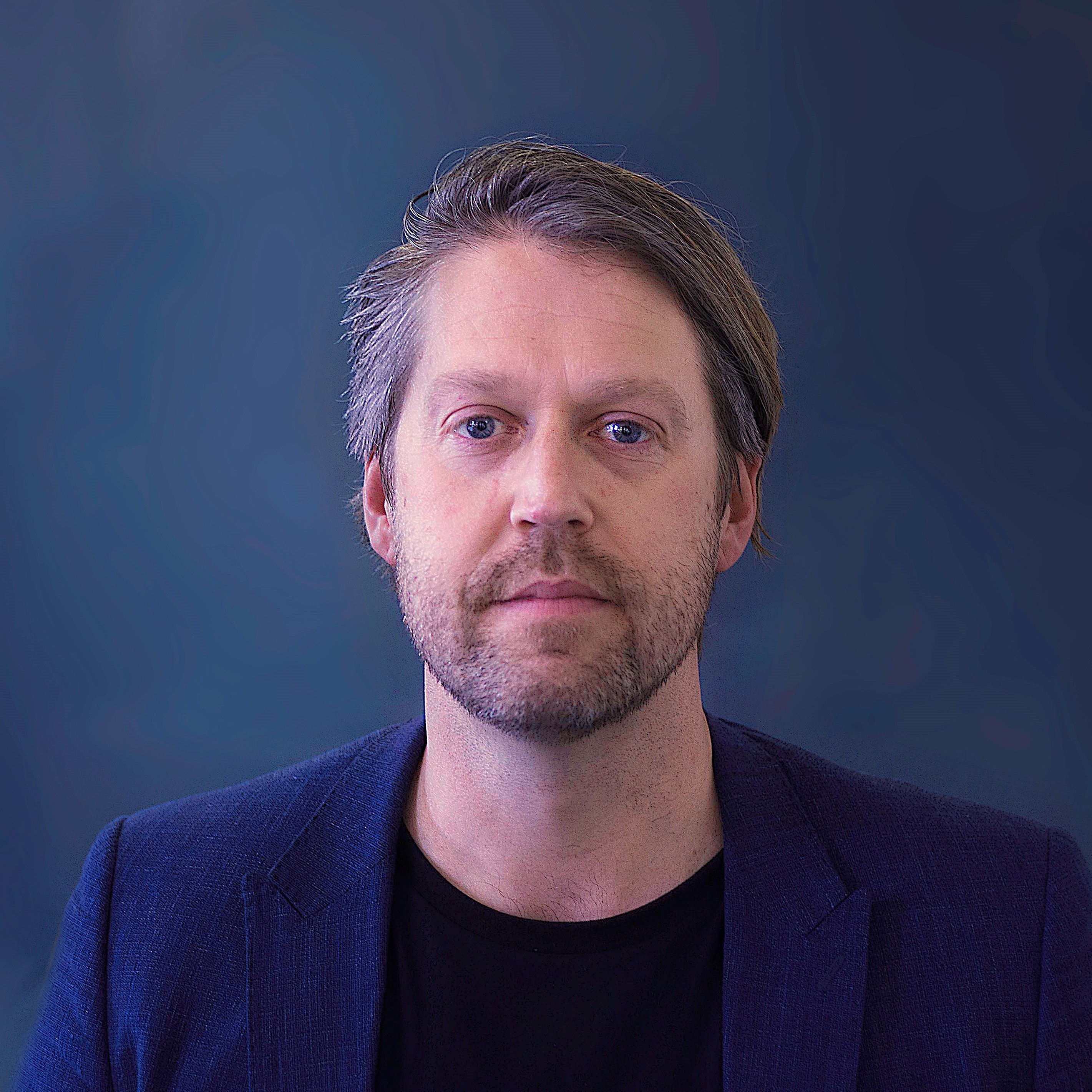
Dr Dean Freestone
Senior Research FellowSt Vincent’s Hospital, The University of Melbourne
Dr Freestone’s research is focused on reverse engineering the human brain. He is developing methods to create a mathematical blueprint of the brain, so engineering methods can be used to treat neurological disorders. His research findings are about to be trialled in a brain implant designed to predict and control epileptic seizures in collaboration with the medical device company Medtronic. He also works closely IBM Australia, where the team is creating specialised computer chips that can interface with the brain and bypass broken neural circuits.
Dr Freestone has a degree in Electronic Engineering from La Trobe University, where he won the Vice-Chancellor's Travelling Scholarship, the Tad Szental Prize for the best engineering final year student and the Hooper Memorial Prize for best final year project. In 2012, Dr Freestone completed his PhD in the Electrical and Electronic Engineering Department at the University of Melbourne (and The University of Edinburgh on exchange), where he won the John Melvin Memorial Scholarship for the best PhD in Engineering and the University wide Chancellor’s Prize for PhD Excellence. Dr Freestone was the 2014-2015 Victorian Fulbright Postdoctoral Fellow, where he worked in the Neural Statistics Lab at Columbia University in New York City, USA. He is now a junior faculty member in the Department of Medicine at St. Vincent’s Hospital Melbourne, since October 2015.
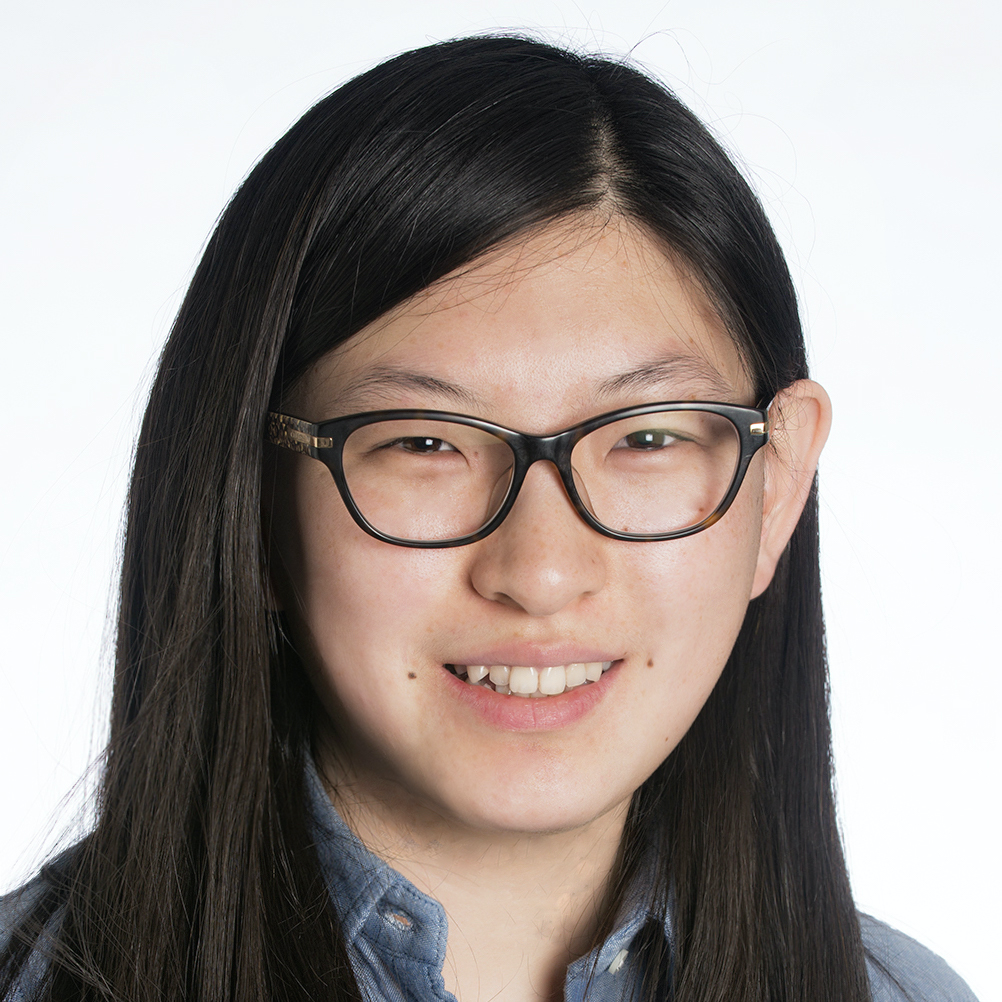
Ms Jing Mu
Research Fellow, Brain-Computer InterfacesThe University of Melbourne
Jing Mu joined the ARC Training Centre in Cognitive Computing for Medical Technologies in February 2022 as a research fellow in Brain-Computer Interface (BCI). Prior to that, Jing was a PhD candidate in the Department of Mechanical Engineering at The University of Melbourne, Victoria, Australia. During her PhD, she proposed novel stimulation, decoding, and optimisation methods in multi-frequency steady-state visual evoked potential-based BCIs to extend its capability in real-world applications.
Jing received the M.Eng degree (with distinction) in Mechatronics from The University of Melbourne in 2017 and the B.Eng degree in Automotive Engineering from the University of Shanghai for Science and Technology, Shanghai, China, in 2014.
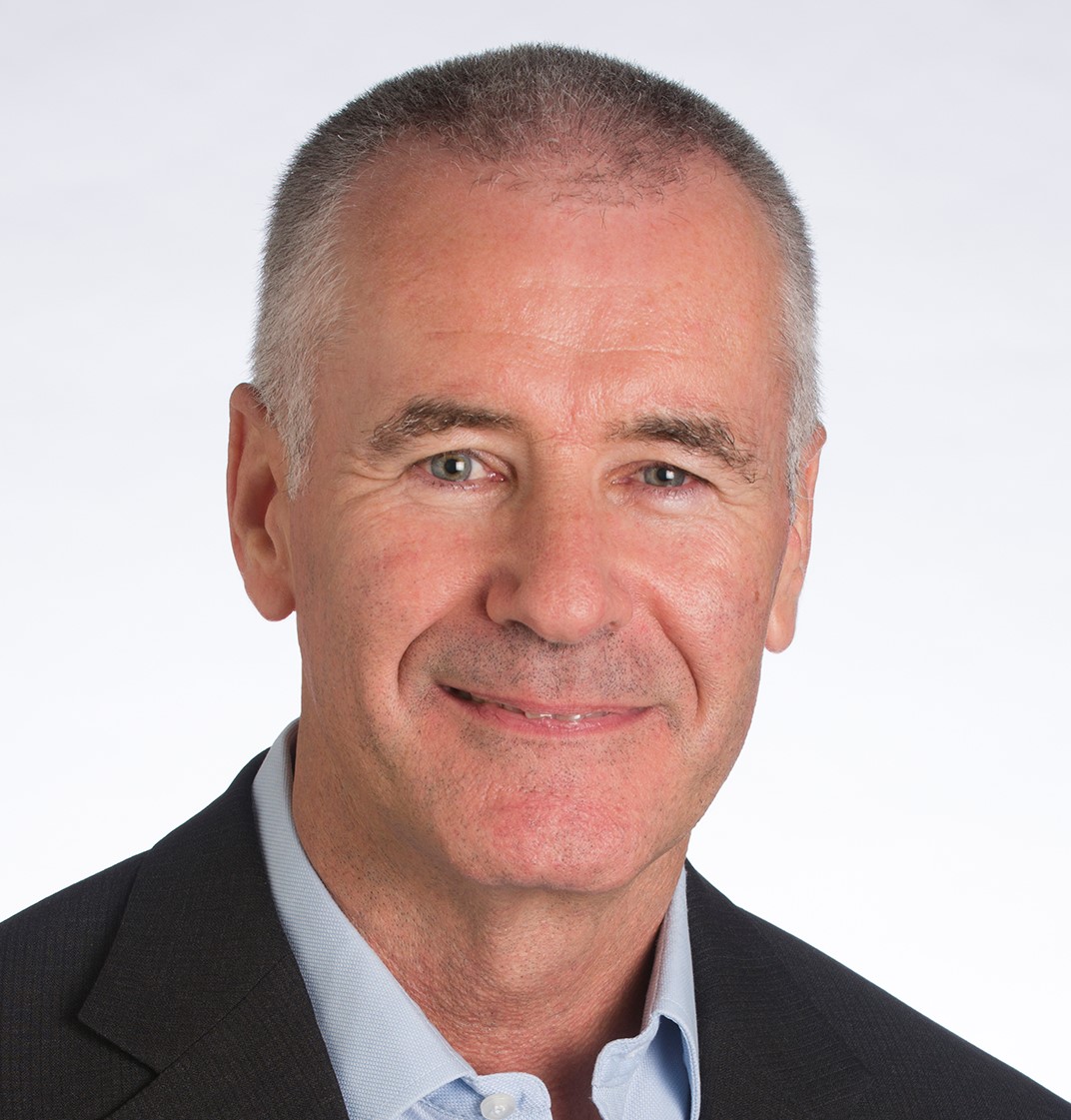
Professor Anthony Burkitt
Chair in Bio-Signals and Bio-Systems, Department of Biomedical EngineeringThe University of Melbourne
Professor Anthony (Tony) Burkitt holds the Chair in Bio-Signals and Bio-Systems in the Department of Biomedical Engineering at the University of Melbourne since 2007. His research encompasses a number of areas of neural engineering, including medical bionics, computational neuroscience, retinal-implant vision processing, cochlear-implant speech processing and bio-signal processing for epilepsy. His research has made significant contributions to understanding the behaviour and function of neural information processing in the brain and it has also been instrumental in the development of visual stimulation paradigms for retinal implants, new cochlear implant speech processing strategies, methods for detecting and predicting seizures, and the use of electrical stimulation for seizure abatement in epilepsy. He was the Director of Bionic Vision Australia (2010-2016), a Special Research Initiative in Bionic Vision Science and Technology of the Australian Research Council (ARC), and he successfully led the project though all of its phases: Project conception, securing $50million in ARC funding, the research and development programs that led to the development of a prototype bionic eye (suprachoroidal retinal implant), the successful implantation in three patients, and the establishment of the company Bionic Vision Technologies (BVT) with US$18million of venture capital for the ongoing commercial and clinical development of the technology.
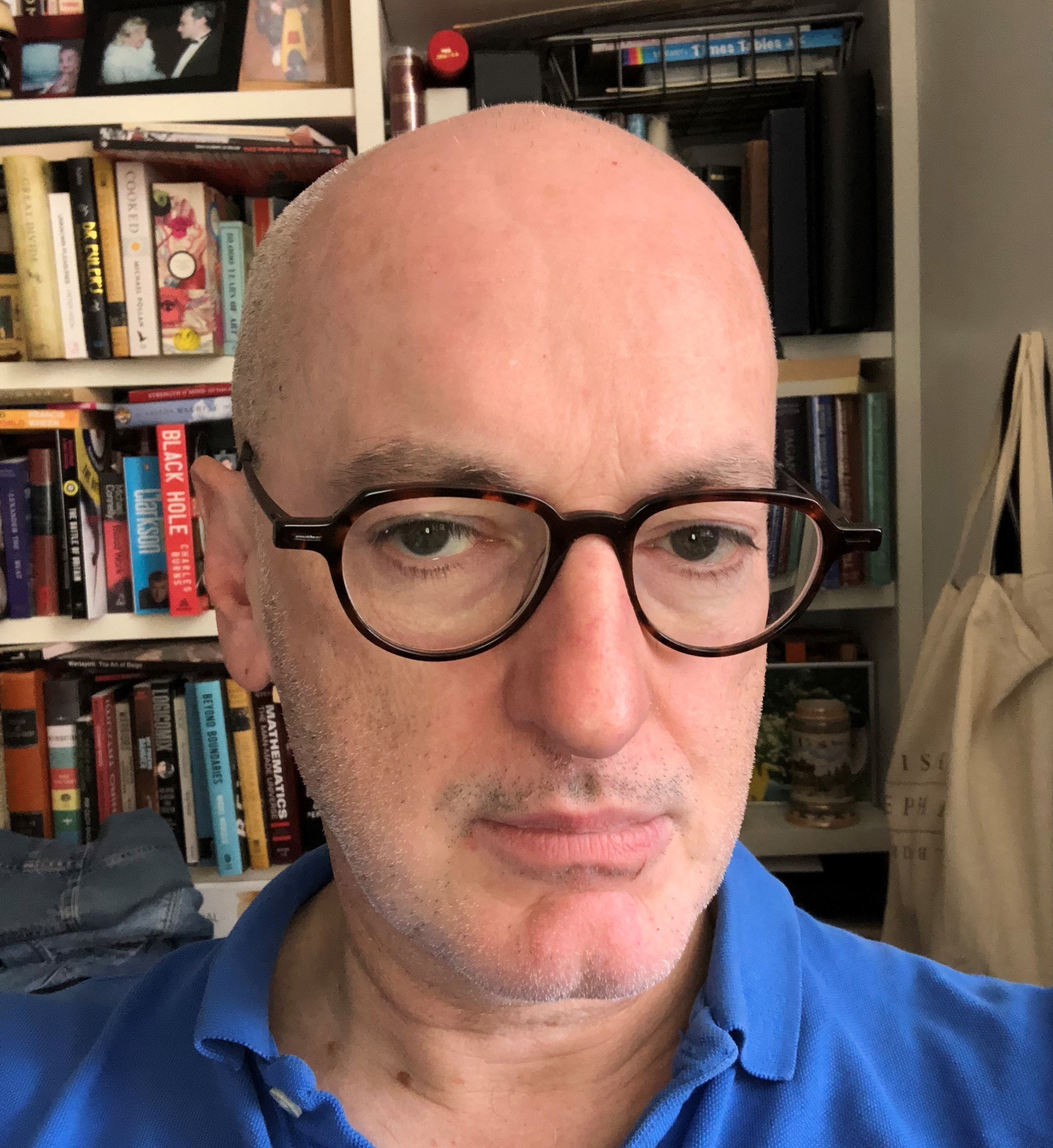
Professor Mark Cook
Director, Graeme Clark Institute, The Sir John Eccles Chair of Medicine, Director, Clinical NeurosciencesSt. Vincent's Hospital
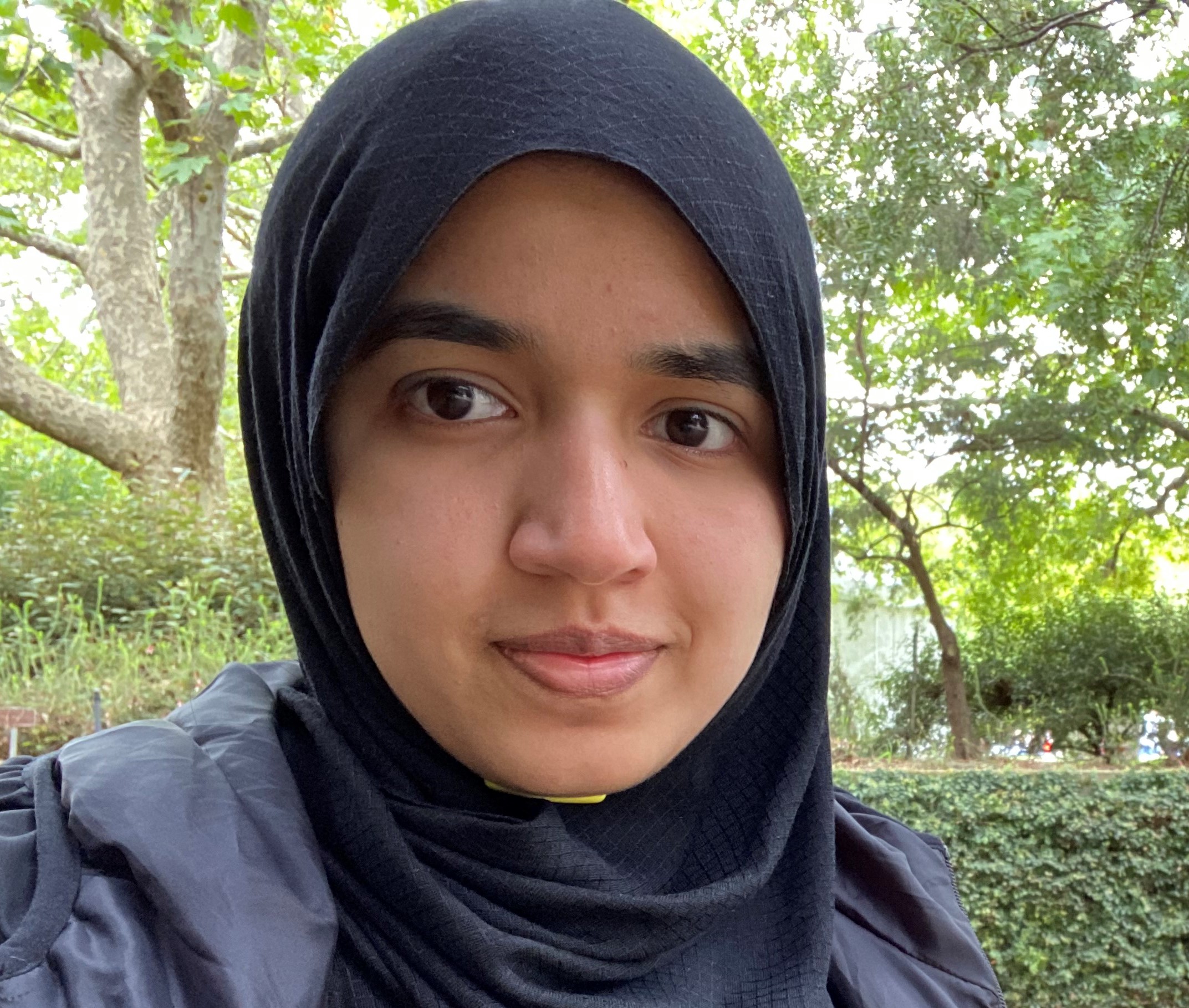
Syeda Zehra
Graduate ResearcherThe University of Melbourne
Syeda is a Biomedical Engineering graduate from Swinburne University of Technology where she graduated with a first-class honours receiving the top graduate prize. During her time at Swinburne, Syeda participated in multiple research projects in the field of Biomedical Engineering. During her final year, she worked in collaboration with National Vision Research Institute (NVRI) where her main role was investigation of ways to replace the traditional methods of physiological spike classification with the use of unsupervised Machine learning. She mainly focused on developing an algorithm for the classification of cortical neural spikes using machine learning. The aim of the study was to understand the propagation of the visual input through V1 and V2.
Syeda has joined the training centre as a PhD student where she will be looking at development of a multi-modal brain computer interface with application to Augmented reality.
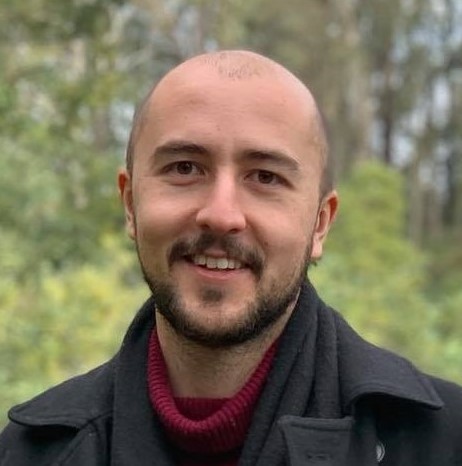
Kirill Kokorin
Graduate ResearcherThe University of Melbourne
Kirill received a Master of Mechatronic Engineering with distinction, from the University of Melbourne in 2017. For his final year project he worked on rehabilitation robotics, which sparked his interest in the medical industry. After graduating, Kirill continued working in this field, as a Mechatronics Engineer at Leica Biosystems; where he developed instruments for slide staining.

Suleman Rasheed
Graduate ResearcherThe University of Melbourne
Suleman is an Electrical Engineer graduate from Pakistan Institute of Engineering and Applied Sciences (PIEAS) with research interests in Machine Learning, Biomedical Signal Processing and Brain Computer Interfaces. Before joining our centre, he was a Research Assistant at National University of Sciences and Technology (NUST) where he worked on EEG Artifact (ocular/mascular/cardiac) Removal Algorithms and Predicted Hand Movements of Paralysed Patients from their Brain (i.e. EEG) Signals.
Suleman joined our training centre in 2021 as a PhD Student and his research project focuses on Optimizing Speed-Accuracy trade-offs of Deep Learning models for the Development of Wearable Brain Computer Interfaces.